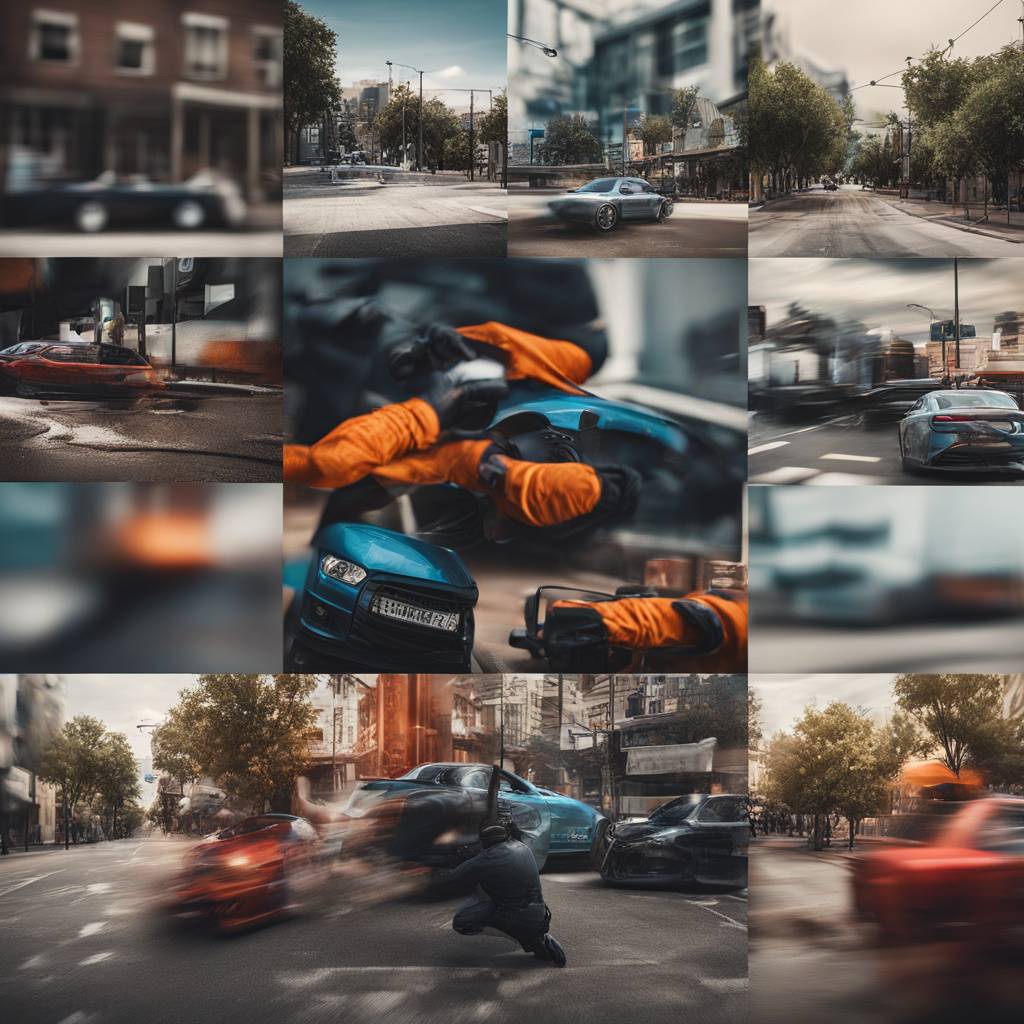The spread of videos depicting violent crimes being posted online is a growing concern, as young offenders are sharing their actions on social media platforms. These videos often showcase a range of violent acts, including home invasions, and are being used by perpetrators to boast about their criminal activities. This trend raises questions about the motivations behind such behavior and the potential impact it may have on society.
The prevalence of these videos raises concerns about the desensitization of individuals to acts of violence, as they become increasingly exposed to graphic content online. The ease with which these videos can be shared and viewed by others contributes to the normalization of violence in society, potentially influencing individuals to engage in similar behaviors. This normalization of violence through online platforms poses a significant threat to the safety and well-being of communities, as it may encourage individuals to commit violent acts for the sake of gaining attention or recognition online.
The online sharing of videos depicting violent crimes also raises ethical and legal questions about the responsibility of social media platforms in regulating such content. While many social media platforms have policies in place to remove violent or harmful content, the rapid spread of these videos makes it challenging to monitor and control their distribution. There is a need for stricter regulations and enforcement mechanisms to ensure that such content is not circulated online, as it can have detrimental effects on individuals who may be exposed to it.
The impact of these videos on victims and their families cannot be overstated, as the public sharing of traumatic events can retraumatize individuals and perpetuate feelings of fear and insecurity. Victims of violent crimes may experience heightened levels of distress and anxiety upon discovering that their ordeal has been exploited for entertainment or validation by others online. It is essential for society to prioritize the well-being and privacy of victims, as they navigate the aftermath of traumatic experiences and seek justice and support.
Addressing the root causes of why individuals feel compelled to share videos of violent crimes online is crucial in preventing further harm and promoting a safer and more compassionate society. Understanding the underlying motivations of offenders who engage in such behavior can help identify strategies for intervention and education to deter future acts of violence. By promoting empathy, respect, and ethical behavior online, communities can work together to create a culture that values human dignity and rejects the glorification of violence in any form.
In conclusion, the posting of videos depicting violent crimes online represents a troubling trend that requires immediate attention and action. It is imperative for individuals, social media platforms, law enforcement, and policymakers to collaborate in addressing this issue and developing solutions that prioritize the safety and well-being of all members of society. By raising awareness about the potential risks and consequences of sharing violent content online, we can work towards creating a more compassionate and responsible online community that upholds the values of respect, empathy, and justice.













